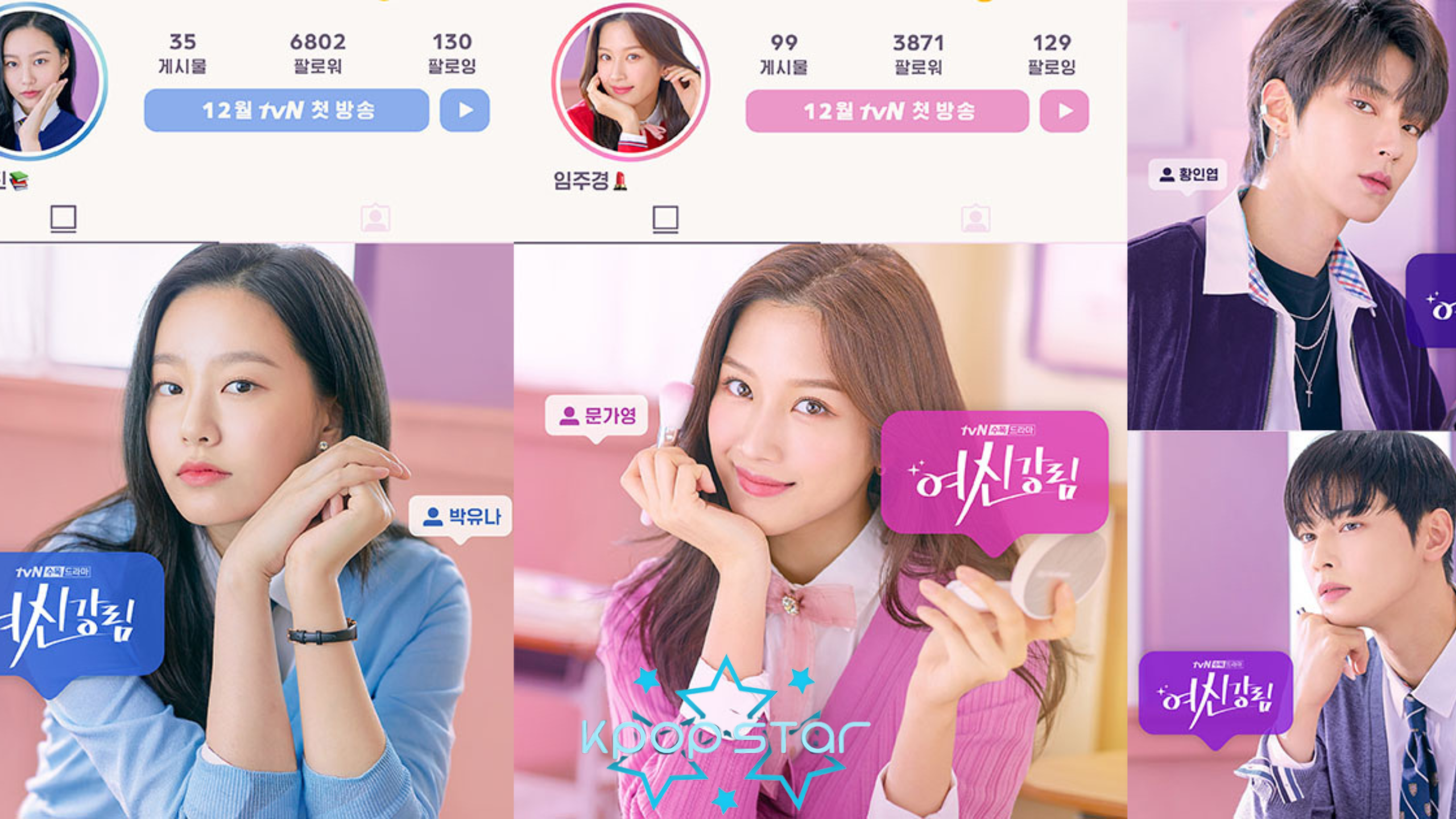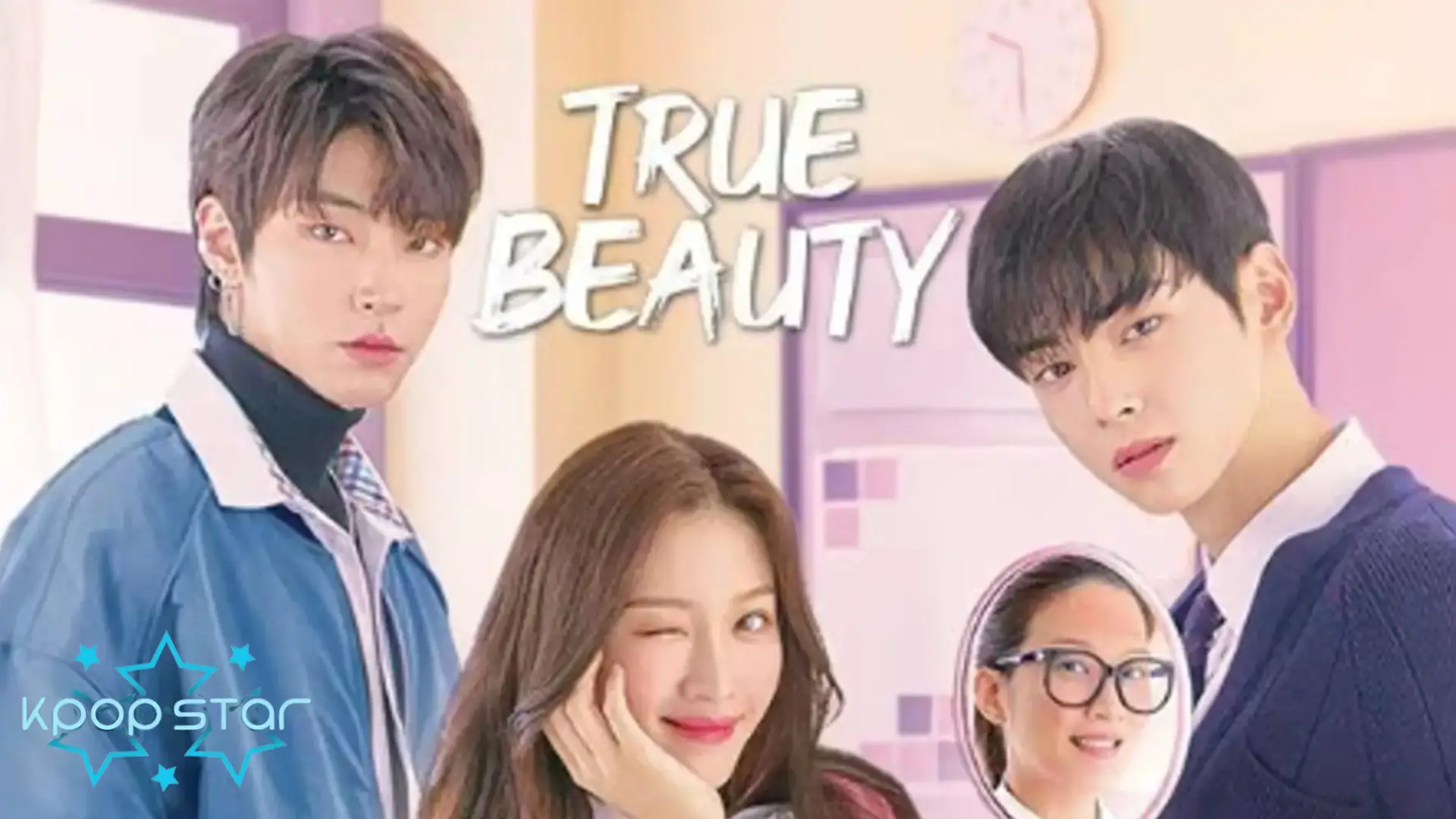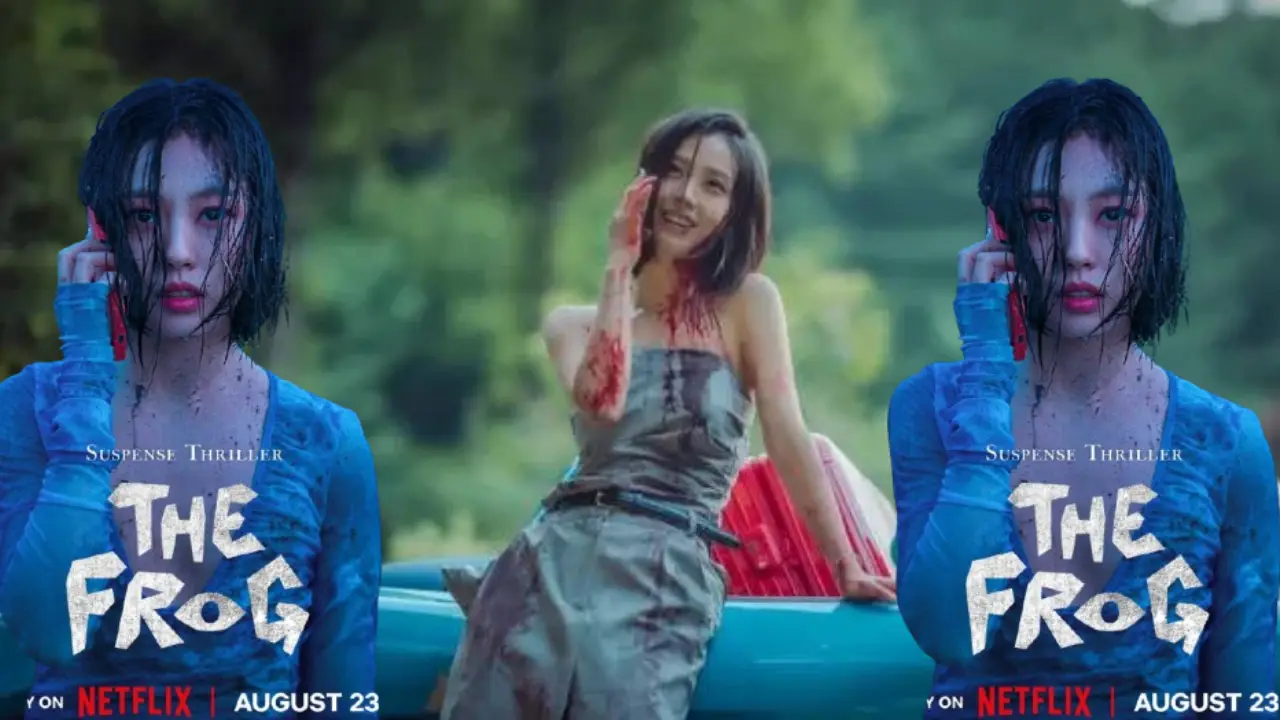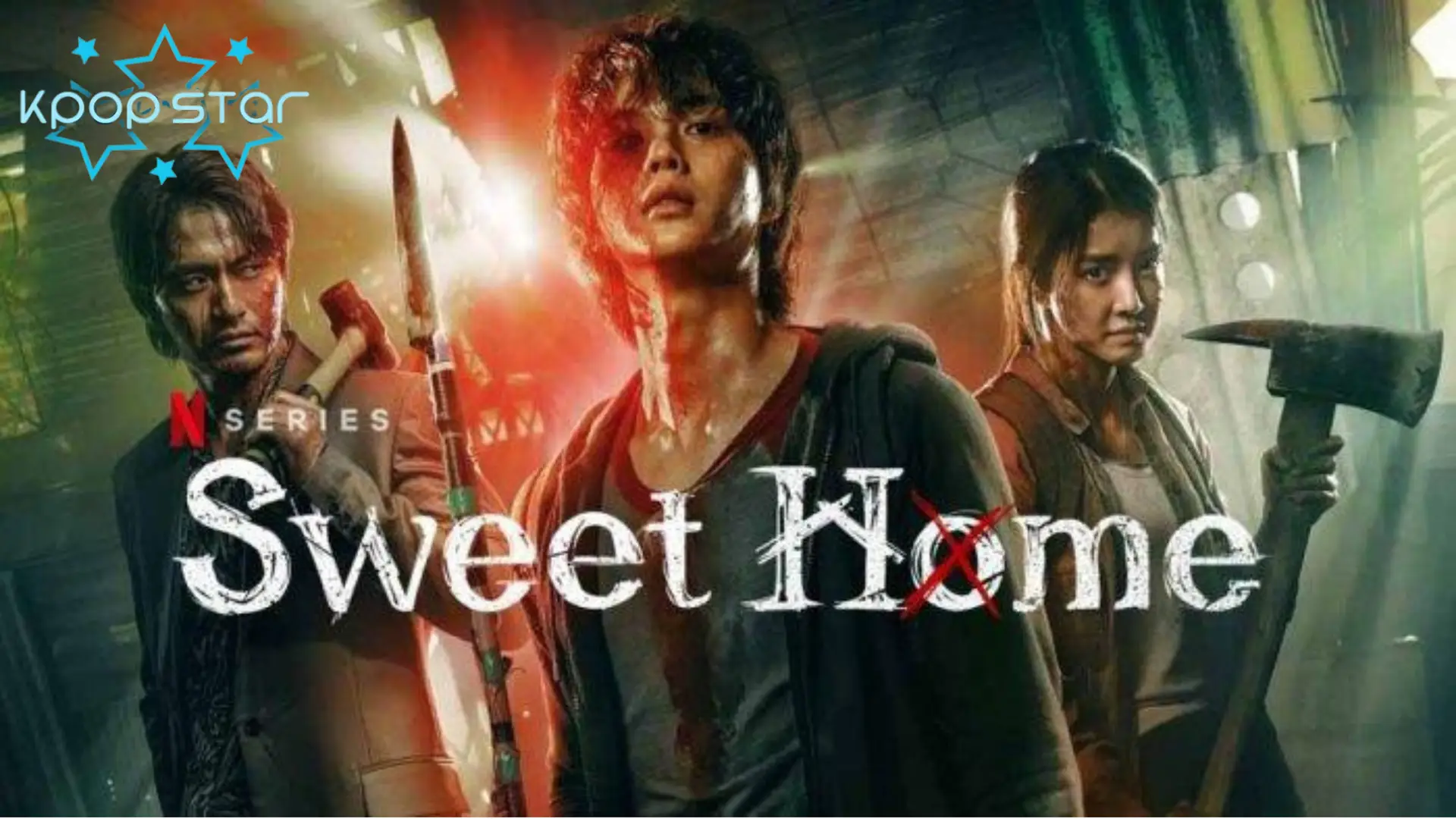True Beauty K-Drama Review: A Journey of Self-Love and High School Romance
Korean dramas, or K-dramas, have captivated global audiences with their heartfelt storytelling, charismatic characters, and relatable themes. Among these, True Beauty stands out as a phenomenon that transcends typical high school romance tropes. Adapted from a wildly popular webtoon, this series masterfully intertwines comedy, drama, and profound life lessons, making it a standout entry in the genre.
True Beauty Plot Overview: A Tale of Transformation and Hidden Identities
At its core, True Beauty follows Lim Ju-kyung, a high school student relentlessly bullied for her appearance. To escape ridicule, she masters the art of makeup, transforming into a glamorous “goddess” at her new school. However, her carefully constructed facade crumbles when Lee Su-ho, a brooding classmate with his own emotional scars, discovers her bare-faced secret. What unfolds is not just a love triangle involving Su-ho and the rebellious Han Seo-jun, but Ju-kyung’s poignant journey toward self-acceptance.
The series excels in balancing laugh-out-loud moments with raw emotional depth. For instance, Ju-kyung’s early attempts to hide her (bare face)—like smearing makeup while crying—are both hilarious and heart-wrenching. Meanwhile, Su-ho’s icy demeanor gradually thaws as he confronts his traumatic past, adding layers to their evolving relationship.
True Beauty Character Development: Layers Beyond Appearances
Lim Ju-kyung (Moon Ga-young): Moon’s portrayal of Ju-kyung is a masterclass in vulnerability and growth. Initially defined by crippling insecurity, Ju-kyung’s arc sees her challenging societal beauty standards. A pivotal moment occurs when she publicly removes her makeup, symbolizing her rejection of superficial validation. Her journey resonates deeply, reminding viewers that confidence stems from self-love, not external approval.
Lee Su-ho (Cha Eun-woo): Su-ho transcends the “cold male lead” stereotype. Haunted by his father’s neglect and a friend’s tragic death, he initially isolates himself emotionally. Yet, through Ju-kyung’s influence, he learns to embrace vulnerability. His decision to pursue music, a passion stifled by guilt, marks a turning point, showcasing how love can inspire healing.
Han Seo-jun (Hwang In-yeop): Seo-jun’s “bad boy” persona masks a tender heart. His unrequited love for Ju-kyung and camaraderie with Su-ho reveal his complexity. Notably, his reconciliation with Su-ho over their shared loss underscores the theme of forgiveness. By the finale, Seo-jun evolves from a rebellious teen to a mature individual pursuing his dreams, proving that growth often requires letting go.
Themes: More Than Skin-Deep Messages
While romance drives the plot, True Beauty shines in its exploration of weighty themes:
The Tyranny of Beauty Standards: Ju-kyung’s reliance on makeup mirrors real-world pressures to conform. The drama critiques this by highlighting how her true friendships form only when she embraces her natural self.
Identity and Authenticity: Ju-kyung’s dual life reflects a universal struggle—balancing societal expectations with self-expression. Her eventual defiance of norms encourages viewers to prioritize authenticity over perfection.
Healing Through Connection: Each character’s growth is catalyzed by relationships. Su-ho’s bond with Ju-kyung helps him process grief, while Seo-jun’s friendship with Su-ho mends old wounds. The series argues that human connection is vital to overcoming adversity.
True Beauty Cinematography and Aesthetics: Visual Storytelling at Its Finest
The drama’s visual language amplifies its narrative. Vibrant colors dominate school scenes, juxtaposing the protagonists’ inner turmoil with their lively environment. Conversely, muted tones during flashbacks to Su-ho’s trauma emphasize his isolation.
Close-up shots are used strategically—for example, focusing on Ju-kyung’s trembling hands during panic attacks, making her anxiety palpable. Similarly, the transformative makeup sequences are filmed like ritualistic acts, symbolizing both empowerment and entrapment.
True Beauty Soundtrack: Amplifying Emotions
Music is a narrative device in True Beauty. The upbeat “I’m in the Mood for Dancing” by YooA underscores Ju-kyung’s comedic moments, while SF9’s Chani delivers haunting vocals in “Starlight” during Su-ho’s introspective scenes. Notably, the recurring piano motif in Su-ho’s theme echoes his unresolved grief, evolving into a fuller arrangement as he finds closure.
Why True Beauty Resonates Globally
The series’ universal appeal lies in its relatable conflicts. Whether it’s Ju-kyung’s insecurity, Su-ho’s familial strife, or Seo-jun’s fear of rejection, these experiences transcend cultural barriers. Moreover, the show’s refusal to villainize its characters—even bullies receive nuanced backstories—adds depth rarely seen in teen dramas.
Additionally, the cast’s chemistry elevates the material. Moon Ga-young and Cha Eun-woo’s playful banter feels organic, while Hwang In-yeop’s smoldering glances convey volumes without dialogue. Their performances transform tropes into fully realized individuals.
Final Verdict: A Heartfelt Masterpiece
True Beauty is more than a romantic comedy—it’s a celebration of resilience and authenticity. By addressing issues like bullying and self-worth with sensitivity and humor, it leaves viewers both entertained and introspective. The satisfying conclusion, which sees each character pursuing their passions, reinforces the message that true beauty blooms when we embrace our flaws.
For K-drama newcomers and veterans alike, True Beauty is essential viewing. Its blend of witty dialogue, stellar performances, and emotional depth ensures it lingers in the heart long after the credits roll. So, grab some tissues (and maybe a makeup wipe), and let this series remind you that the most radiant beauty comes from within.




Season 2 when?